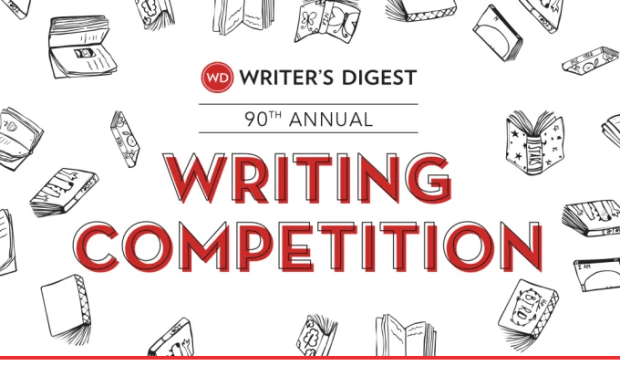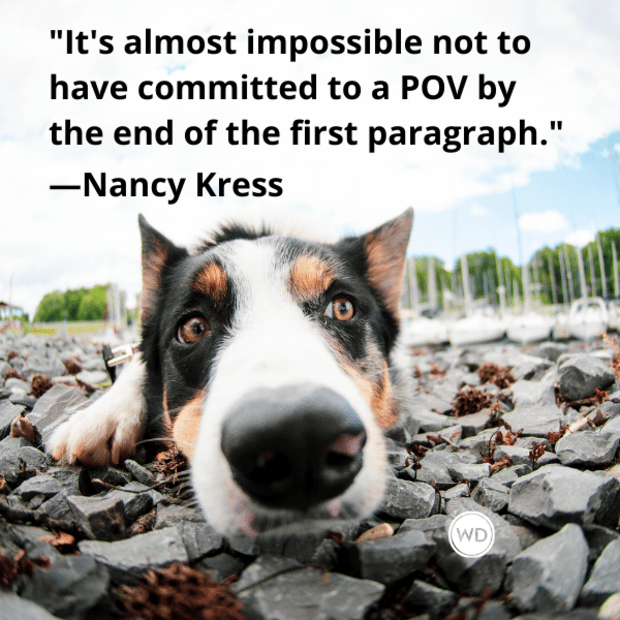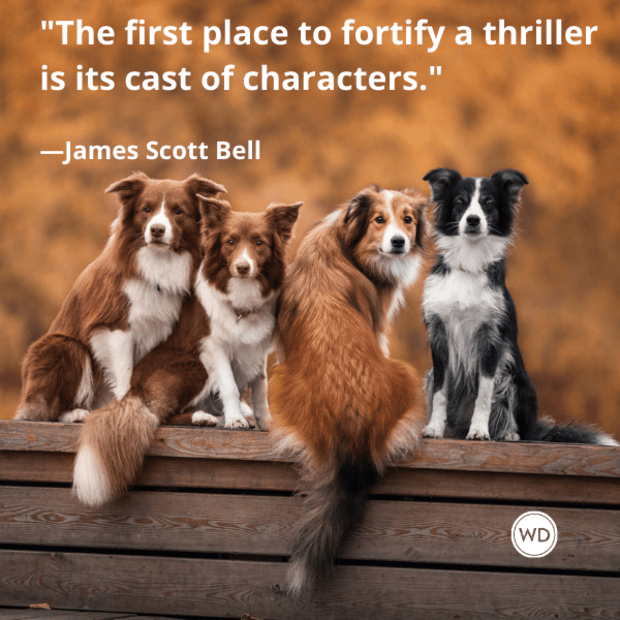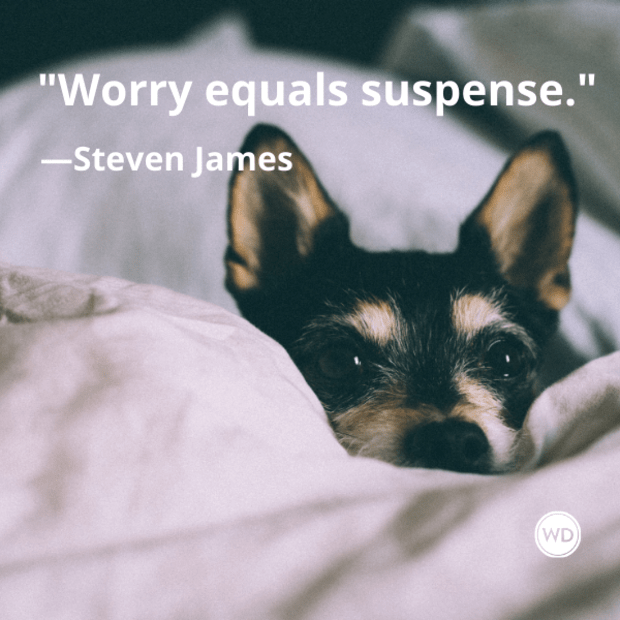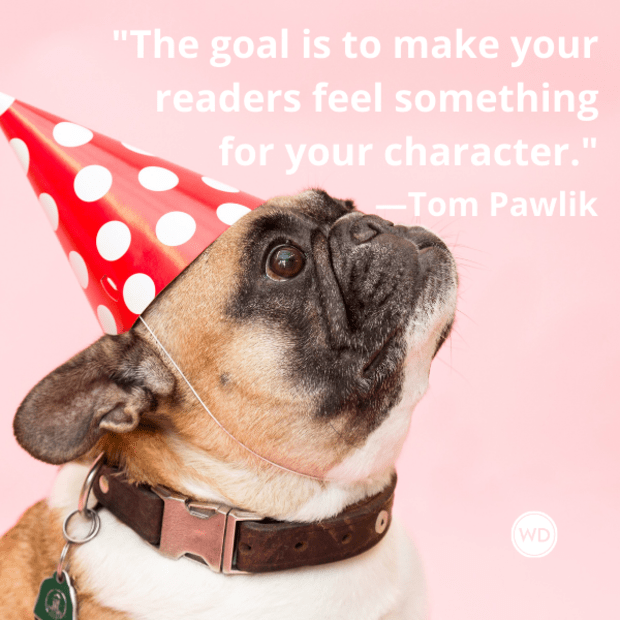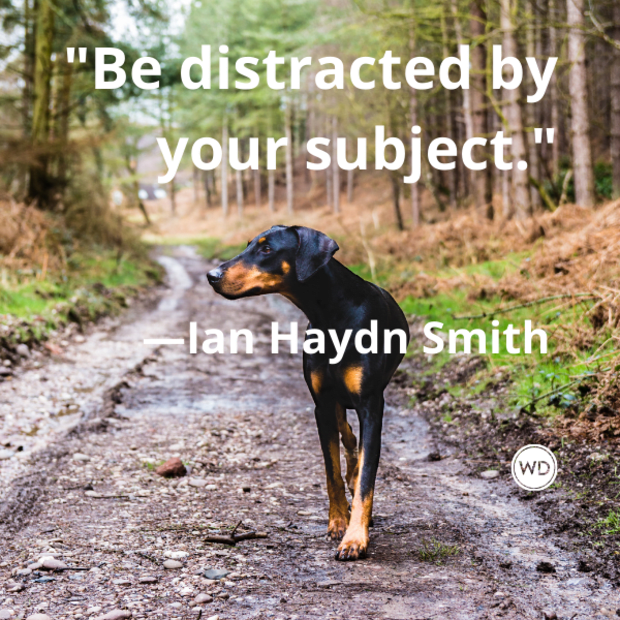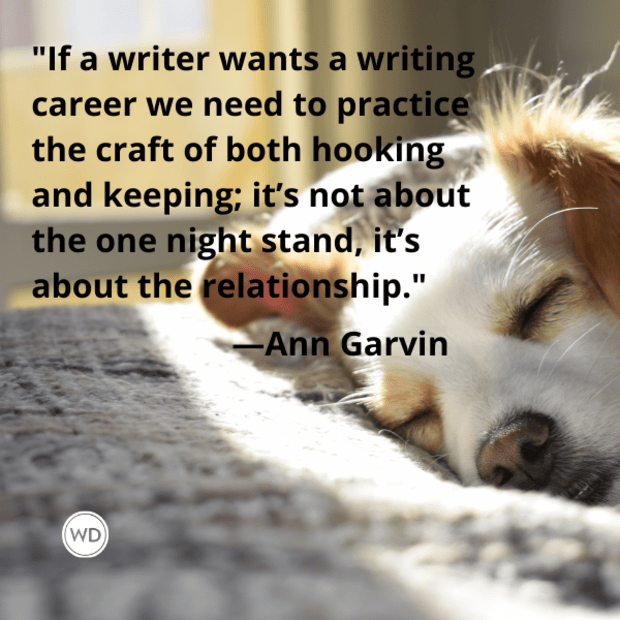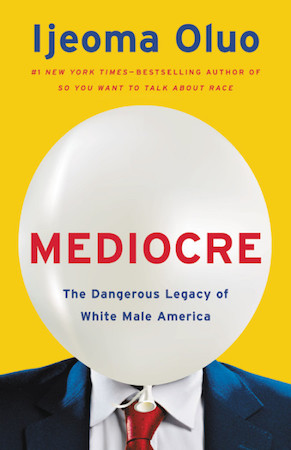“The Hands of Dirty Children” by Alejandro Puyana
We’re called the Crazy 9, but there are not always nine of us. We were nine before la policía took Tuki. We called him Tuki because he loved to dance all weird. Every time he heard the tuki-tuki of electronic music, he flailed his arms and raised his knees like some sort of strange bird. Tuki was funny but a little mean. I miss him, but not too much.
I feared we would be seven soon. Ramoncito hadn’t been feeling well, throwing up everywhere. He smelled really bad because he pooped his pants the other day and hadn’t been able to find new ones, so we didn’t like to stand next to him. Or sometimes we made fun of him and yelled, “Ramoncito, pupusito!” and everyone laughed and laughed and laughed, but inside I wasn’t laughing too hard; inside I felt bad. When the others were asleep, I pinched my nose with my finger and thumb and went to Ramoncito. I used to bring him something to eat too, but the last two times he threw up right after, so I didn’t bring him food anymore—why waste it, is what I say—but I still asked, “How are you feeling, Ramoncito?” and “Is there anything I can do, Ramoncito?” My voice sounded funny because of the nose pinch, and sometimes he smiled. Before, he would talk to me a little, but now he didn’t talk much. He could still walk around and go with us on our missions, but he was very slow. His eyes were sleepy all the time, and they looked like they were sinking into his skull. But we also laughed at him because he’s the youngest, only seven and a half, and everyone always gives the youngest a hard time. I was the youngest before Ramoncito came along, but even if Ramoncito didn’t last much longer, the others wouldn’t treat me like the youngest because I was the one that found the knife, and I’m the best at using it.
Here is what the Crazy 9 love.
We love our name, and we won’t change it, even if we are really eight, or seven—we love it because it sounds crazy and because we scrawl it all over the place—when we find spray cans, or markers, or pens.
We love the knife. We found it one night after running away from the lady who wouldn’t give us any money, so we pushed her and took her purse. As we gathered to inspect our loot on the banks of the Güaire River, I pulled it from a secret pocket, shiny and dangerous. We love to take turns and unfold the blade from its wooden handle and scream, “Give me all your money!” but we are just practicing. I carry the knife most of the time because I found it, but also because I can throw it at a tree and almost always get it to stick, and I can also throw it in the air and almost always catch it by the handle without cutting my hand.
We love Pollos Arturos, it’s everyone’s favorite, but we almost never get to have any, because if the guard sees us he screams and chases us away—but sometimes we will beg and someone will give us a wing. One time Ramoncito got a leg, but that was before he was throwing up. He got a leg because the youngest always does the best begging. But we have rules in the Crazy 9, so we didn’t take the leg away from Ramoncito. He ate it all by himself.
We love going to the protests. We don’t go to the front too much because that’s where the police fight the protesters—the protesters wear their T-shirts tight around their faces, or they make gas masks out of junk, or they wear bicycle helmets and carry wooden and zinc shields with the colors of the flag painted on them; they throw mostly rocks at the police, but sometimes they shoot fireworks at them. One of them holds the cohetón parallel to the ground—aimed straight at the line of men in their green uniforms and their plastic shields and their big shotguns—while another lights the fuse. They only let it go when the whistling is loud, and we think they might be holding on to it for too long, long enough for it to explode in their hands, but then we see it fly like a comet straight into the green and plastic wall of soldiers that stands down the road. We always cheer when we see that.
Sometimes we stand next to them and yell at the police. We wrap our T-shirts around our faces and scream “¡Viva Venezuela!” and “¡Abajo Maduro!” and jump and throw rocks. It’s fun, except for when the tear gas comes and we have to run away or else cough and cough and cry and cry. But we mostly stay at the back of the protests because we can beg or steal better. Because the women are there, or the older men, or the cowards that don’t want to fight in the front, like us. The begging is good at the protests. The lady will see us and tell her friend in the white shirt and the baseball cap with the yellow, blue, and red of the flag, “Our country is gone, isn’t it? Poor child. I swear, chama, I don’t remember it ever being this bad!” That’s the moment when I try them, and most of the time I get a few bolivares. But we have rules in the Crazy 9, so we always share the money we get from begging or stealing.
We love each other. We say “Crazy 9 forever!” and exchange manly hugs. I love that feeling you get when you hug someone and you mean it. But it also makes me remember things I don’t like remembering, so let’s not talk about that.
We love mangos! Mangos are our favorite because they are sweet and they are free. We walk down the nice streets, the ones that have the big trees on them, and I pull the bottom of my shirt away from my tight belly, and Ramoncito follows me, placing mangos from the ground inside it, the ones that aren’t nasty. After we are finished, when my shirt is as filled as the grocery bags the rich ladies carry when we beg outside the Excelsior GAMA, we walk all bowlegged and tired to an alley and eat mangos until night. We eat until our whole faces are yellow and mango hair grows between our teeth. We eat until each of us has a mountain of mango pits, and all we can smell is the sweet rot of the mango slime, and the flies start to go crazy. But that was before, when Ramoncito could still walk behind me and pick up mangos. When there were mangos to pick up. Now the mango trees give nothing but shade. And now we are very hungry.
There’s a dumpster in Chacao that is the best dumpster. It is hidden in an alley behind the old market. It is the best because there’s usually good food and there are also juice boxes and liter bottles of Pepsi that sometimes have some liquid still in them. One day we filled a whole Pepsi bottle with all of the remainders—it tasted a little bit like orange and a little bit like Pepsi, and I told the rest of the guys, I told them, “When I grow up I’m going to invent drinks. And the first one is going to be orange juice and Pepsi, and I’m going to call it the Crazy 9,” and everyone agreed that it was a great idea as we passed the bottle in a big circle.
When we woke up, Tomás, who is our leader because he is the oldest and the fastest, told us, “We are going to our dumpster today.” Whenever he talks I stare at his upper lip, with thin strands of black hair sprouting like seedlings. And it’s not the only place where his hair is coming in. When it rains, we all get naked and wash ourselves and our clothes. He’s the only one with hair down there. Well, a few of the others have some, but Tomás has at least three times as much.
It was a pretty morning, with rays coming down at us from between the openings of the highway bridge above. They made columns of light so thick I felt the urge to climb them. It felt nice after the cold night, so cold we huddled together—all except Ramoncito because Comiquita, with his cartoon-looking face, said, “Not Ramoncito Pupusito, he stinks!” We could hear the birds, even through the rumbling of the cars that rolled above us. The river was high and running fast. I liked it like that because it didn’t smell as bad. It was still brown and had trash floating on it, but if I closed my eyes and just listened to the water and the birds, I could pretend I was anywhere else.
It was a long walk to the dumpster, and Ramoncito didn’t look good. His cheeks sank into his face, his skin was flaky, like when you have mud on you and it dries and you can scratch it off with your fingernails. I sat next to him, and I didn’t have to pinch my nose anymore, because I had gotten used to the smell. I said, “Wake up, Ramoncito,” and I stroked his hair as he moaned. Ramoncito’s fallen hair tangled around my dirty fingers.
“Wake up, Ramoncito!” I pushed him harder, and he opened his eyes and looked at me. I knew he was angry, because I had seen that look on many faces. Every time a security guard chased us away. Or after we took the woman’s purse with the knife. But mostly before all that— before the Crazy 9—when my mom stumbled home early in the morning. Her eyes scratched red and tired. And even though she didn’t talk, she would stare at me. And I could hear her think, I hate you. I hate you. I wish I could go back and shake her and yell, “You don’t have much time left!” I wonder if she would have changed then, enough to like me, or at least enough to stay.
Ramoncito’s look changed quickly though—from anger, to pain, to pleading. He was like a little dog begging for scraps. I’ve always wanted a dog, but we have rules in the Crazy 9, and dogs are not allowed. Tomás says all dogs do is eat and eat, and we don’t have enough to share. And it’s true. But it’s also true that Tomás got bitten in the ass by a dog a while back and he’s scared of them, so I think there’s more than one reason for that rule. I helped Ramoncito up to his feet, and it was so easy. I crouched behind him and put my arms under his armpits, my chest resting against his back, and then just stood up. It was like lifting a bag full of bird bones. For a second I felt like I was so strong, like maybe I should be the leader of the Crazy 9. But it wasn’t that I was strong, just that Ramoncito was so light.
“No, chamo, let’s leave Ramoncito behind,” said Tomás, and the rest of the boys nodded their heads in agreement. “He’s only going to slow us down,” Tomás said, and then Pecas repeated Tomás’s words like he always did. “Yes, he’s going to slow us down, déjalo.” His voice broke as he spoke, some words deep, others as high as a little girl’s.
But I didn’t leave him. I told him, “Ramoncito, put your arm around my shoulder and try to keep up, okay?” and I ignored what the others were saying. Stuff like, “Ramoncito Pupusito smells so bad,” and, “He will throw it up anyway.”
So the Crazy 9 marched. The old market was about two hours away, but with Ramoncito it would take longer. We started on Avenida Bolivar. I liked this street because it had more people than trash. Everyone had somewhere to go. On a Wednesday morning no one walked just to enjoy it. I liked Saturdays and Sundays better, when I could see kids with their parents strolling along the wide avenue. I could imagine how it would feel for one of my hands to hold balloons or a cold raspado with condensed milk and for my other hand to be held by someone other than Ramoncito. But there were no kids except for us on Wednesday mornings. It was all busy grown-ups.
Ramoncito and I lagged behind, and for the first time I noticed how the Crazy 9 moved. They were a swarm of brown boys, brown from their skin and brown from their grime and brown from their stink. They were fast and wired, and people parted as they took over the whole sidewalk.
Everyone who walked past them turned around to watch them. The businessmen patted their pockets and jackets, the ladies rummaged through their purses to make sure no small hands had slid in. They formed a moving cloud of jokes and laughter and dangerous grins. Salvador, in his patched-together flip-flops and old Chicago Bulls cap, sprinted out of the cloud and quickly rummaged through a trash bag, looking for an easy bite, and then ran back to the rest, as if pulled by a rubber band. Tomás blew kisses at the younger, prettier women heading to work at coffeehouses or office buildings, and the other boys joined in, as I would have if I’d been with them and not holding Ramoncito up. “Mi amor, you are looking pretty today,” Tomás yelled—a wink and maybe a hand on his crotch, but I couldn’t be quite sure from way back.
As we neared the end of Avenida Bolivar—the rest of the Crazy 9 almost out of sight and with no intent to wait for us—I told Ramoncito, “Look, Ramoncito! It’s the Children’s Museum!” and I pointed at the huge logo of a boy riding a rainbow. He had long curly hair and a big smile. By the front doors we saw a group of little kids, younger than Ramoncito, in their red school shirts.
They formed a line, one behind the other, waiting to go in. They were happy and moved their heads around in awe and excitement. Two teachers tried their best to herd them. One little girl kept walking away, distracted by a planter full of flowers, or a pigeon eating trash, and I wanted to scream and say, “Little girl, obey your teachers! They’ll get mad at you and slap you!” but I didn’t, and the teachers never got mad, they just gently pushed her back in line and placed her hands on the shoulders of the boy in front of her. Her eyes still followed the pigeon, but she held on to those shoulders. The teacher was so gentle. Her hands must have felt so soft and clean.
I looked at my own hand. The one that wasn’t holding up Ramoncito. My nails were long, the tips of them as black as wet dirt. My palms were covered in stains, a landscape of brown and black. When I opened my hand and pulled my fingers apart as much as they would go, the landscape cracked and revealed the cleaner tone of my own skin, hiding underneath.
And then I heard the rumble, which shook me and gave me purpose. It came from deep in my belly—a wet groan so loud that Ramoncito could hear it. “I’m hungry,” I said. “Me too,” he said.
We turned onto Avenida México, which was narrower and dirtier. It led to Museum Square and then to Parque los Caobos, my favorite place in the world. We arrived at Plaza Los Museos, large and round, with its tall palm trees. Street vendors eyed us and no longer fell for our tricks. Today was no trick, of course, because Ramoncito was really sick, but many times one of us would pretend to be in peril or pain, or cause a scene, while the others snuck behind the vendors and stole their things. We are so crazy.
We walked past the plaza, past the Natural History Museum with its tall columns. “Let’s go see the elephant statue!” I told Ramoncito, and he smiled and the color came back to his face, but it might have just been the sun shining through the tall canopy of the caobo trees, brightening Ramoncito’s cheeks with specks of light.
The temperature was colder in the shade, with the breeze rushing through tree trunks. It smelled like wood and dirt—but the good dirt, the kind you want to stick your hands in and feel for worms. I wanted to run through the boulevard that split the park in two, veer off into the brush and pick up a stick and go hunting for dinosaur.
A few months ago they brought plastic replicas of the great beasts into the park. There was a tall one with a crest on her head, she looked like a chicken with no feathers; there was a fat green one with spikes on its back (but the spikes didn’t hurt, we knew because we surfed down its spine); there were brown ones and red ones; little baby ones hatching from plastic eggs; and there was the big ferocious one eating a stupid fat one that got caught. The short ones were already starting to wear out because on weekends the parents lifted their sons and daughters and gingerly placed them on the dinosaurs’ backs. They took out their phones and started snapping photos. But all the parents were working today, and all the sons and daughters were at school. We have no school, and we are no sons of nobody.
I helped Ramoncito walk to the statue while my mind stalked reptiles. Its gold glinted through the thick greenery as we rounded the dense bamboo, until finally his huge head greeted us. It always shocked me, his size, the way he sparkled. His ears were open, like the wings of some gold-scaled dragon. His trunk fell, curving gently inward, between two massive tusks. The elephant walked in the middle of a large shallow pool, the water lapping at his wide ankles. Only his front left foot was visible, stepping on a small hill of rocks that came out of the water.
Ramoncito let go of my shoulder, taking a few short steps toward the edge of the pool. He knelt on the ground and placed his elbows on the rim, so he could rest as he stared at the statue.
Ramoncito looked like he was praying. I stood next to him and put my arm around his shoulder. “He’s so beautiful,” Ramoncito said. “Do you think they’re mean in real life?”
I didn’t know. I knew that there were people who rode them, or at least I remembered a story my grandmother once told me about that. My abuelita never said if they were nice or mean. But I knew Ramoncito wanted to hear a good story, so I told him, I said, “They are the nicest of all animals, little boys ride their tusks like swings and fall down their trunks like slides and run races through their fat legs.”
He climbed on the edge of the pool, weak and unsure, but I didn’t pull him back, and without taking off his beat-up sneakers he walked into the shallow water. It came up to his shins, and every time he shuffled closer, the water rippled and traveled all the way to the pool’s edge in tiny little waves. Ramoncito placed his hand on the elephant’s haunches and stroked him kindly. He whispered something to him and rested his hollow green cheek on its golden surface. I was mesmerized by Ramoncito and his massive pet, this gentle giant, and I knew what I had told him was true. That somewhere far away someone like Ramoncito—someone like me, maybe—hung from an elephant’s tusk or took a shower from his trunk. But the spell was broken by a yell coming from the other side of the bamboo.
“Hey, you! Boy! Get out of there right now!”
Ramoncito’s body spun so fast that his weak legs couldn’t hold his balance, and he fell ass first into the water with a big splash. I could see the policeman heading toward us in a sprint. He was big and ugly, with a thick black mustache and hair coming out from wherever his clothes didn’t cover his skin. He held a wooden club in his right hand, and even from the other side of the pool I felt his anger in the way he gripped the handle.
I jumped into the pool quickly and ran to Ramoncito to help him up. He was sobbing, saying, “Sorry. I’m sorry.” But all I wanted was to get us out of there. The bottom of the pool was slick with green gunk, and as I pulled Ramoncito my feet flew from under me and I landed right on the small of my back, which sent a ping of sharp pain all through my spine. I tried to push my legs and pull Ramoncito’s weight toward the edge of the pool, but in the confusion I couldn’t see the man anywhere—just the huge elephant towering over us both. I wanted him to come to life, to swerve his enormous head, and lift his heavy feet, and shelter us under his golden belly. To blow his trunk at the hairy man, yelling, “You don’t mess with the Crazy 9!”
But he didn’t do anything. I felt the man lift me up. The elephant’s four massive feet stood still, indifferent to the waves from our thrashing as Ramoncito and I tried to escape the man’s grasp.
My arms and legs dangled, and I felt the collar of my shirt tighten around my neck. A big hole in my right sole let all the water that had gathered in my shoe out in a stream. I reached up with both hands and tried to pry the man’s fingers open, but they seemed made of cement. I kicked my feet as hard as I could, finding only air, water dripping everywhere. Ramoncito had slipped from his hold, and I saw him crawl to the roots of a caobo.
“¡Quédate quieto, coño!” the man screamed, but I kept wriggling. I felt his breath for the first time. It carried the warmth of fish empanadas and strong coffee. Finding no way to loosen his grip, I jabbed my fingernails into his hand, but instead of releasing me, he slammed me hard against the ground.
It was like all the air had been sucked from the world. I opened my mouth and tried to gulp in life, but my insides were a dried raisin. The back of my head felt wet, but it wasn’t the same kind of wet as the water from the pool. It was warm. Sticky.
The policeman stood like an angry ape above me. His hat had fallen on the ground, revealing all his features. A thick stubble covered his face, starting just bellow the eyes. His ears were big and meaty. His nose wide and crooked in the middle. The only place not covered in hair was his balding dome. He held his hand up to his mouth, sucking on the wound I had caused. When he removed it to talk, I could see a trickling of blood on his lower lip.
“Motherfucker, hijo de puta.” He spit blood and it landed next to me. “I hate street children, all you fucking do is make my job harder. Why can’t you just fucking disappear, huh?” He took a step toward me, but my breath had not come back yet, and my vision started to blur. I tried to crawl away but was too weak.
“Now I probably have to get a shot. God knows the filth you have in those fingers.” He lifted his booted foot and pinned my leg down. It felt like my shin would split in two, and for the first time since he had thrown me to the ground air rushed into my lungs, only to escape again in a scream. I didn’t cry, though.
The pain sharpened my thinking and I remembered the knife. I always kept it in my right pocket. My hand searched for it and couldn’t feel the wooden handle, the small metal dots that felt cold when you gripped it tight. It wasn’t there.
And then I heard Ramoncito. “Let him go!” he screamed, and stood in front of the huge man, his legs spread apart, his arms stretched out away from his chest, his two bony hands holding on to the knife—a stick figure facing off against a giant. “The Crazy 9 never give up. Never surrender!” he screamed, tears falling down his face.
The man released the pressure on my leg, but I knew why. He lifted his club and walked toward Ramoncito. The policeman’s eyes fixed on the knife and nothing else. I stood. As the man swung the weapon, I rushed him with all my strength and flung my body at him. It felt like running into a wall, but the club missed Ramoncito. He remained on his feet, holding on to the knife, and I was back on the ground, recovering from the impact.
Ramoncito was really crying now. Sobbing. But he wouldn’t move. He clung to the knife so tightly that his whole body shook except for his hands and the blade. They remained perfectly still. Park people had started to gather around. Not a lot, but a few. One woman walked toward us. She was old, her skin the blackest I’d ever seen. She had kind, sad wrinkles across her face. She wore a gray shirt and a beautiful long skirt with colorful flowers stitched on it. Two golden disks, as bright as the elephant still towering above us, hung from her ears.
“Stop!” she demanded. And the man did. He stopped and looked around as if he had awakened from a dream. His chest rose and fell quickly, but his eyes had moved from me and Ramoncito and scanned the faces around us, especially the woman’s. “Have you no shame?” she asked him softly, and I could see the man affected by her words. She knelt by me and held the back of my head. “They are just children,” she said to him. And the man finally lowered his club and let it hang from his side, the leather band clinging to his strong wrist. And I could see something happening to his face. Some transformation. Like he felt sorry for us all of a sudden, or sorry for himself, or sad at himself, rather. I didn’t have a word for it, but it felt like that one time I stole a box of leftovers from the old homeless man, and he didn’t even have the strength to yell at me. When I sat down to eat the food all I could see were his milky eyes looking at me. I ate the food, but felt really bad eating it.
Ramoncito dropped the knife. He was still so afraid. He mouthed a silent, “I’m sorry,” and ran off the way we had come. I have no idea where he found the strength. It was probably fear fueling him.
The woman sat me down and inspected my wounds. “Me llamo Belén,” she said, and she kissed me on the forehead. We sat together at a table and we talked as the dizziness passed. I wanted to go after Ramoncito, but Belén’s kindness held me near. She cleaned my wounds with an embroidered handkerchief and clean water from a plastic bottle. We shared her lunch of hard-boiled eggs, tomatoes, broccoli, and sweet plantains. “I can get you help, you know?” she said. “There are places that can take you and your friends in, people who can care for you, feed you.” But I also saw how thin she was, I could recognize her own hunger behind the eyes. I recognized it because I saw it every day on the faces of my friends, because I could feel it inside of me. It had already been a sacrifice to share the little she had. Plus I had heard stories about these places that take kids like me in. They were never good stories.
“I have to go find Ramoncito,” I told her. And she didn’t try to stop me. She didn’t push. “Vaya con Dios,” she said. And as I walked away I heard her say, “I’m here most afternoons, come see me if you change your mind.”
My torn T-shirt and my shorts had already started to dry, but every time I took a step my wet shoes sploshed and left a wet footstep on the boulevard leading out of Parque los Caobos.
So I searched for Ramoncito. I went back the way I came. It hurt a bit to walk because of the bump in my lower back, but I also felt stronger from my lunch with Belén. I was having fun using my tongue to free the little bits of food from my teeth, and there was one piece of plantain that made me smile because it was pretty big. I asked the newspaper vendor in Avenida México if he had seen Ramoncito go by. He said he had seen a young boy walking sleepily about thirty minutes ago. He checked his pockets as I walked away, fearing my tricks.
When I got back to our spot, Ramoncito was there. He was lying in a patch of sunlight, dirt and debris all around him. He lay on his side, like he was a little baby, or still in his mama’s belly, and he faced a little yellow flower that sprouted next to him. His eyes were wide open. But when I called out, “Ramoncito!” his eyes didn’t move. His body didn’t move. He lay frozen.
I knelt next to him and shook him, and his eyes remained open like he was still staring at that little flower even though he now faced me. “Ramoncito! Ramoncito! Don’t play games,” I told him. I thought it was all just a bad, stupid joke, so I pinched his nose and counted to ten, to twenty, to thirty, to forty, and then I knew that he was dead because no way Ramoncito could hold his breath for that long. And then I let his head drop on my lap. And I told him how much I liked him, and how he had been such a good friend, and that the Crazy 9 would never be the same without him. But I didn’t cry. I didn’t even have one tear come down, even though I felt that lump in the throat I always feel when I think I’m going to cry, like I swallowed a rock that didn’t want to go down all the way.
Now I’m here with dead Ramoncito. I think maybe I should wait for the rest of the Crazy 9 to come back and help me, but I don’t know when they’re coming, or even if they’ll come at all. We have sleeping spots all over, and sometimes when we go to our dumpster we stay in the Metro station with the nice lady who lets us in after they close. And also they’ve been so mean to Ramoncito, maybe he would want it just like this. Just the two of us.
There’s a wooden pallet that floated to our spot four days ago. Tomás told us, “I’m going to build a boat with this, and then I can sail all down the Güaire. I can bring my line and hook and I can fish and bring us back food,” and we all liked the plan, so we’d been collecting supplies, more wood and nails and an old hammer so we could make him a boat that would last. But Ramoncito is more important than the boat, I think, and I don’t care if Tomás gets mad at me. So I carry Ramoncito and put him on the pallet—well, I’ll call it a raft now, because it floats. I pick the yellow flower and tuck it right behind his ear and I tell him, “Ve con Dios, Ramoncito, you were my best friend,” and I kiss him on the forehead. He tastes like dirt and old sweat, like rotting mango, like salt, like the sound my knife makes when it sticks to gray bark, he tastes like Tomás laughing in the wee hours, like sour milk, like Belén’s hard-boiled eggs, like my grandmother’s voice telling me stories before bed, like loud police sirens in the night, like a piece of meat found in a trash bag that I know is starting to rot but I eat anyway, he tastes like my mother’s hand after she’s slapped my face bloody, like a white crane flying low skimming the brown river looking for fish, like the bubbles in a just-cracked can of Pepsi, like the boy that got hit in the head by a tear gas canister and just lay there, like the sharp end of a belt, like a limp mother with a needle in her arm, he tastes like Pollos Arturos, he tastes like loyalty, and like a brother.
I let the raft go. It starts slow, but as it gets farther away, into the middle of the brown river, it goes faster and faster. And then I don’t see him. I imagine the river taking him farther and farther from me. Away from the Crazy 9. Maybe El Güaire will take him all the way out of the city and he will arrive in some beautiful meadow, with flowers, and real elephants, and mango trees that always have fruit on them.
The post Survival Strategies for Unsupervised Children appeared first on Electric Literature.
